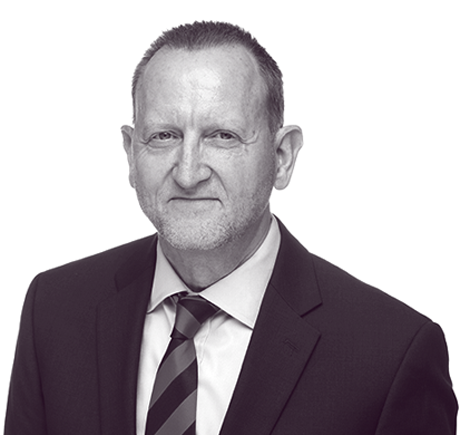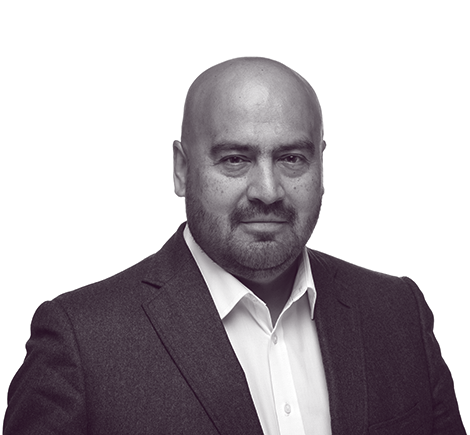I’m a Chartered Accountant with over 20 years’ experience working with, or in capital markets businesses across the world. I have held the C-suite roles of CFO, COO and Change Director and my primary focus has been in risk, finance (including product control and capital management) and operations although I have a solid understanding of how technology underpins and supports each of these functions. In my role as an adviser to financial institutions, I support transformation and change driven by regulation or industry reform, using my experience in the industry to assess the impact, and also to capitalise on the opportunity to effect change more broadly.
After 12 months of living in a world of uncertainty, many are looking for signals that life may be returning to something approximating ‘normal’. One of those signals is whether companies will be returning to work in the office any time soon.
There are likely as many ‘return-to-office’ scenarios as there are people with an opinion on the topic. Timelines will vary significantly, driven by local, regional and national factors that include the severity of the virus and the speed of the vaccine roll-out. An even greater determining factor will be whether the new work-from-home paradigm has created a sustainable working environment for both employer and employee.
Numerous surveys have been conducted, each with a different slant focused on varied dimensions of the decision. But whether company executives want to return to the office or not, it’s their employees who will determine the arrangements that make the most sense.
Working from home has proven to be effective; organizations have pivoted to the new paradigm – albeit not without some challenges. Staff wellness, infrastructure issues, operating procedures, team dynamics and cultural dilution are all aspects that had to be addressed, some successfully while others remain a work-in-progress. Financial regulators have reimagined their requirements around data privacy, cyber security, anti-money laundering and know-your-client, with a litany of virus-initiated changes in the wings.
If companies do decide to return to work from the office, what does that mean for both employer and employee?
- Corporate executives see this as an opportunity to rationalize the real-estate portfolio – and to consider whether support staff should really be housed in expensive, down-town offices.
- Employees are weighing-up the flexibility that work-from-home provides, while yearning for inter-personal contact with their colleagues.
The number of variables is substantial and the outcome of each will impact the workplace differently. What is key in making any decision is the need for employers and employees to work together to achieve an outcome relevant for all parties concerned, recognizing there will need to be some bartering along the way.
One thing is for sure: the way we work going forward will never be the same. That requires a new approach and mindset to leadership, plus tools for leaders to define and navigate these new ways of working. Without doubt, those organisations that rapidly re-imagine their future and take positive action now will sustain their performance and competitive edge long term.
What is your company planning to do? And are you ready?
Our leadership experts are training financial firms right now on how to manage and motivate staff and create a new, better BAU through our specialist ‘Equip to Lead’ programme.
Our global SMEs have the expertise and global perspective to assist with any aspect of operations, leadership development, financial crime and compliance, KYC and operational resilience.
To find out more about how we can help you to make your ‘return’ a lasting success, contact us through the form below.
Contact us
Meet the experts
Joseph Cataldo
I am a compliance and technology specialist. I have over 20 years’ experience as an engagement and delivery manager, initiating and managing anti money-laundering, regulatory and compliance projects. I help our clients tailor, implement and remediate anti money-laundering solutions for their know your customer and customer identification programs, customer due diligence, enhanced due diligence, sanctions screening, trade surveillance and suspicious activity transaction monitoring.
Deborah Challinor

I specialise in working with clients to continually challenge and develop high performing organisations. I translate strategy into practical implementation plans and drive change through focusing on the climate, skills and behaviours the organisation needs to transition. I combine managing change with a highly pragmatic approach to delivering coaching, leadership and expert programmes to help businesses unlock how their talent can shape the future. Currently, I am developing an enhanced organisation performance assessment model to target the critical components that support success. I am also driving forward helping banks address gender diversity; specifically, empowering women to overcome perceived barriers to advancement.
Robert Cranmer

Pino Vallejo

I am a hands-on operations executive with a proven track record in delivering automation across organizations, while maintaining full control and security over processes and alignment with Federal Reserve, SEC and FINRA regulations. I specialize in bilateral and syndicated loans, global trade finance, corporate finance, structured finance, and global treasury supporting foreign exchange, derivatives, futures, US and international equities, US and international fixed income, mortgage backed securities, repo trading, money markets, and electronic cash management.


